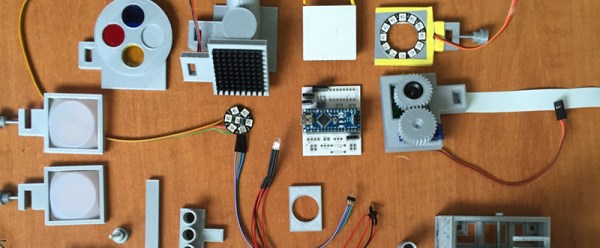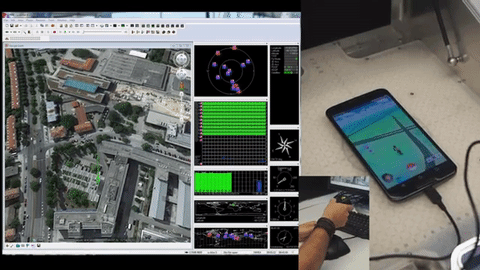The microscope is one of the most useful instruments for the biological sciences, but they are expensive. Lucky for us, a factory in China can turn out webcams and plastic lenses and sell them for pennies. That’s the idea behind Flypi – a cheap microscope for scientific experiments and diagnostics that’s based on the ever-popular Raspberry Pi.
Flypi is designed to be a simple scientific tool and educational device. With that comes the challenges of being very cheap and very capable. It’s based around a Raspberry Pi and the Pi camera, with the relevant software for taking snapshots, recording movies, and controlling a few different modules that extend the capabilities of this machine. These modules include a Peltier element to heat or cool the sample, a temperature sensor, RGB LED, LED ring, LED matrix, and a special blue LED for activating fluorescent molecules in a sample.
The brains behind the Flypi, [Andre Chagas], designed the Flypi to be cheap. He’s certainly managed that with a frame that is mostly 3D printed, and some surprisingly inexpensive electronics. Already the Flypi is doing real science, including tracking bugs wandering around a petri dish and fluorescence microscopy of a zebrafish’s heart. Not bad for a relatively simple tool, and a great entry for the Hackaday Prize.





















